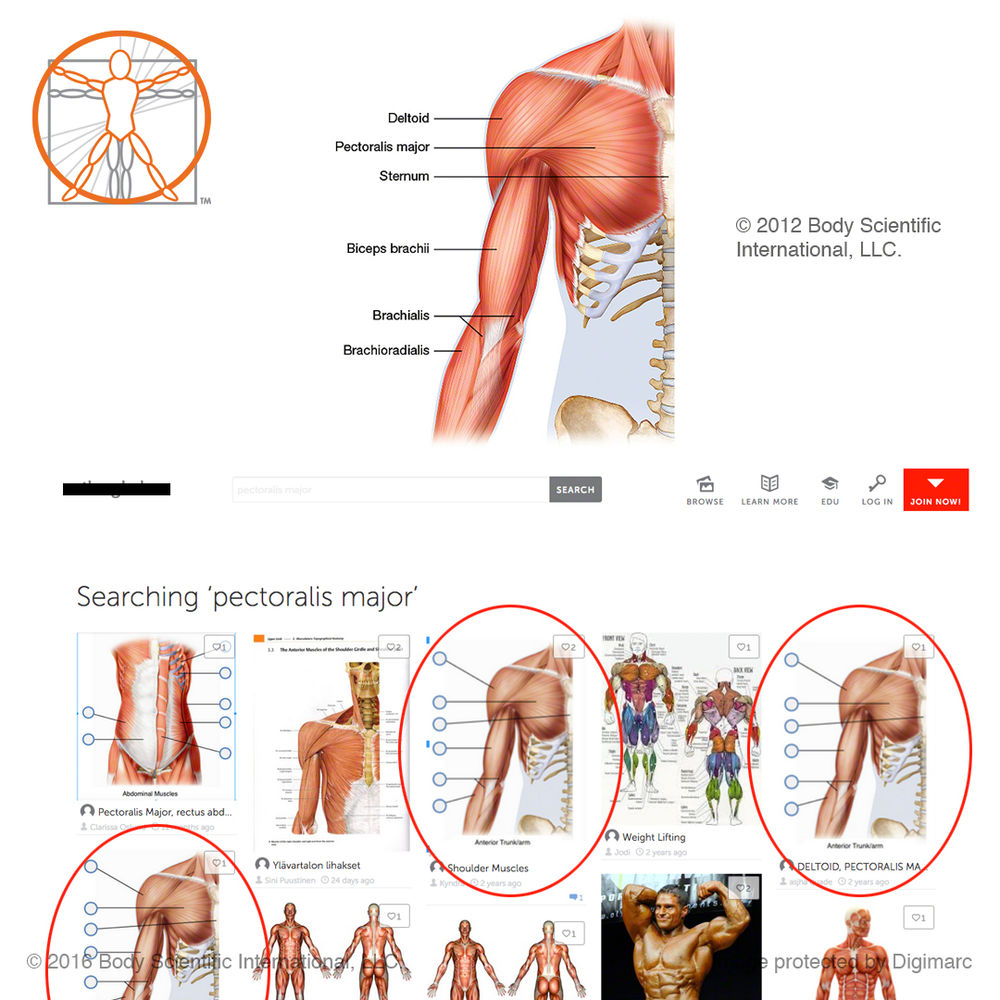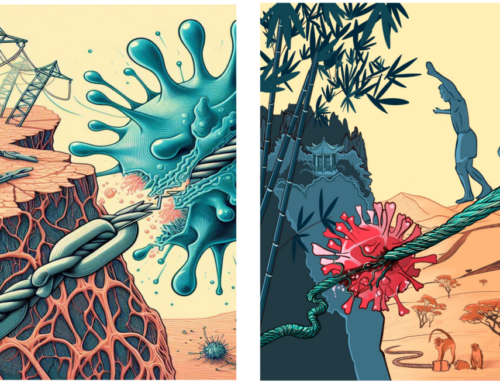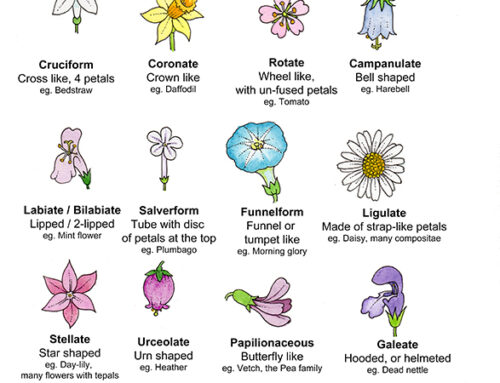Original post January 18, 2017. If you take a photo of your dog. You own the photo. YOU DO NOT OWN IMAGES ON THE INTERNET. With 3.4 billion users on the internet, maybe it is not common knowledge. For the most part, I believe copyright infringement in not malicious intent but naivety of the user. A user likes an image, thinks it will be useful on their blog/pin board/website/classroom and the image gets copied and pasted. Sites like Pinterest, where images are shared and circulated by the millions, are not the problem. Most users can pin an image from its original source, or link. The image can be followed back to its original owner. The owner gets credit. The owner gets free marketing and screen time. The owner becomes popular. Clients seek out the owner for custom digital work. The owner makes money by acquiring new business. Additionally, Pinterest is well aware of the abuse of infringing images and offers in its help section on Copyright FAQ, an easy-to-use web form to request removal. The problem lies in sites that are not regulated. Sometimes the hosting site avoids responsibility by placing the responsibility on the users, making them click a checkbox before uploading an image claiming, “I own the rights or have permission to use this image, and I agree to the [Website]’s Terms of Service.” Voilà! The hosting site is not responsible for the infringement. You could still send a DMCA (Digital Millennium Copyright Act) takedown notice to the hosting site. Although, legally, the hosting site would not be responsible for any infringement on behalf of its users. This is known as the DMCA “safe harbor” portion. (Can YouTube really monitor every single one of its uploads?) The hosting site will take down infringing matter, assuming you have copyright proof, immediately. But the DMCA still has its limitations. Here are a few problems with the DMCA: 1) The website must be hosted within the United States. Yes, the DMCA is a United States copyright law. You can do a reverse WHOIS lookup by entering the URL to see the domain ownership. Who registered the site? Where are they located? The email, address, and phone number, should be available in a WHOIS search. If the domain owner registered the site in the United States, you may proceed to file a DMCA notice. Many hosting sites have caught on to this, and simply register their site abroad. That’s right. The example shown below, is a media production company located in Palo Alto, California, but their site is registered in Finland. Sites like these create revenue by allowing users to join memberships to share information available only to their registered users. Other sites allow you to join for free, but they still create revenue from advertising. Bottom line, the artist makes no money, gets no recognition, and has no protection. The European Union has implemented a takedown notice similar to the United States, known as Electronic Commerce Directive. However, there is not much guidance, such as “How to file a EDEC in the European Union,” easy online forms to fill out, or sample EDEC letters. So unless you want to get a lawyer involved, and now we are talking about an international lawyer, you are right back where you started from. Copyright infringed, original artist gets no credit. Image continues to be shared, exponentially, like a digital virus. 2) The domain owner must not be a unicorn. Oh, yes. I have done a WHOIS reverse lookup on a hosting site and the registrant’s address came up as Idonotknow, CA. Registrant telephone: (1) 123.456.7890. If the domain owner is a robot or a person avoiding DMCA notices, you can contact the server in this case. The server, such as GoDaddy, has instructions in its help section regarding how to file a copyright complaint, however, the server does not hold the power to suspend a site (imagine the abuse from that!) but will verify and aid in disputes. We are definitely in a visual free-for-all turmoil, where the internet is the world’s personal library and everyone has a library card. DMCA is a great step for visual artists, but still lacking in its universality. Leading sites of hosting visual content, such as Facebook, Pinterest, YouTube, and Etsy all have DMCA information in their help section, showing initiative to comply with original content. We still need to help others understand that they do not own images they find on the internet and cannot use them for their own purpose. Also we need to explain to clients the dangers of offering an online study guide link or a supplemental CD that is included with the textbook. In this previous case, the client agreed to put our company’s copyright notice on each digital image, however it was easily removed and used on a sharing site. And most importantly, we need to fight the websites that abuse this uploading power and work around DMCA loopholes. So here is your call-to-action. Familiarize yourself with copyright laws, news, reform, and actions. Follow groups such as American Society of Illustrators Partnership to read the latest news and follow their guidance on open surveys and hand-written letters to the Copyright Office. The more we spread the word and educate the public about what is and what is not acceptable digital sharing, the more we can protect our work as visual artists. Resources
American Society of Illustrators Partnership (ASIP)
AMI professional resource on IP
Artists Rights Society (ARS)
United States Copyright Office
WHOIS Lookup







